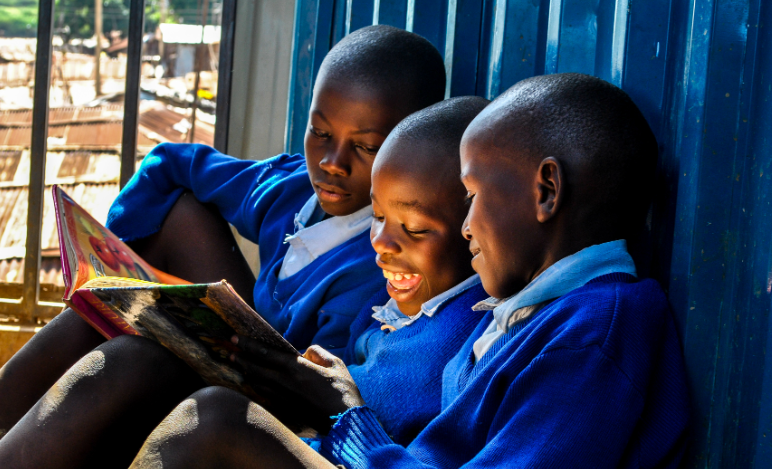By Metohuey Adoglo
Africa, a continent renowned for its linguistic diversity, is embracing the importance of multilingual education and technology-enhanced language learning. With over 2,000 distinct languages spoken across the continent, the ability to communicate and connect across linguistic boundaries is crucial for social, economic, and educational development.
Read More: The Intersection of Eco-Friendly Food Packaging and Technology in Africa
Multilingual education offers numerous benefits to individuals and societies. It promotes inclusivity, preserves cultural heritage, and enhances cognitive abilities. By providing education in students’ mother tongues alongside official languages, it fosters a sense of identity and belonging while ensuring equal access to quality education. Multilingual education also prepares students to participate in global economies and fosters intercultural understanding.
Technology-enhanced language learning is a game-changer in this context. Digital platforms, mobile apps, and online resources provide accessible and interactive language learning experiences. They offer opportunities for self-paced learning, practice, and real-time feedback. Additionally, technology allows for the creation of immersive virtual environments that simulate real-world language contexts, enhancing language acquisition and cultural understanding.
Read More: FULLY FUNDED: Apply for this three-weeks Climate Tech Innovators and Leaders Program 2023
The integration of technology in multilingual education opens doors to new possibilities. It enables distance learning, allowing students in remote areas to access quality language education. It also facilitates the creation of digital language resources, such as online dictionaries and language learning apps, tailored to Africa’s diverse linguistic landscape.
To fully harness the potential of multilingual education and technology-enhanced language learning, it is crucial to invest in infrastructure, digital connectivity, and teacher training. Governments, educational institutions, and stakeholders must collaborate to develop inclusive policies, curricula, and resources that embrace linguistic diversity and leverage technology effectively.
Read More: Kenyan Government Recruiting 4,000 Tree Nursery Attendants
Multilingual education and technology-enhanced language learning play a pivotal role in Africa’s development. By embracing and nurturing linguistic diversity, Africa can foster inclusive societies, preserve cultural heritage, and empower individuals to thrive in an interconnected world. With the right investments and policies, Africa can unlock the full potential of its linguistic richness, paving the way for a brighter future where language is not a barrier but a bridge to greater opportunities.
Our Story So Far. Your Dreams Matter, Your Stories Matter #DreamsTalks #AfricantechSpace pic.twitter.com/seZElwurGq
— Africanian News (@africaniannews) July 3, 2023
